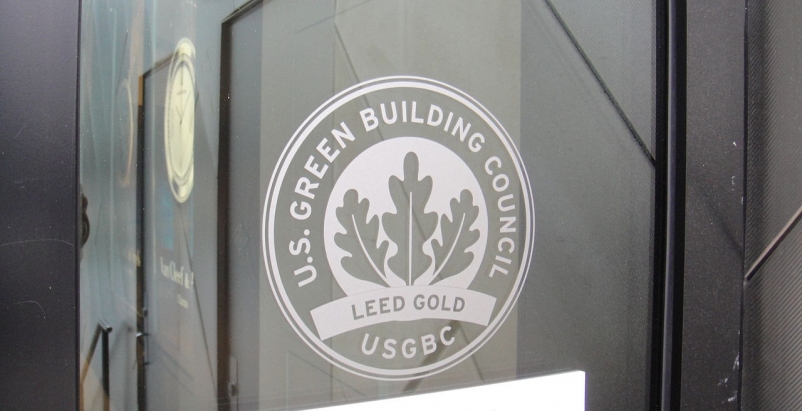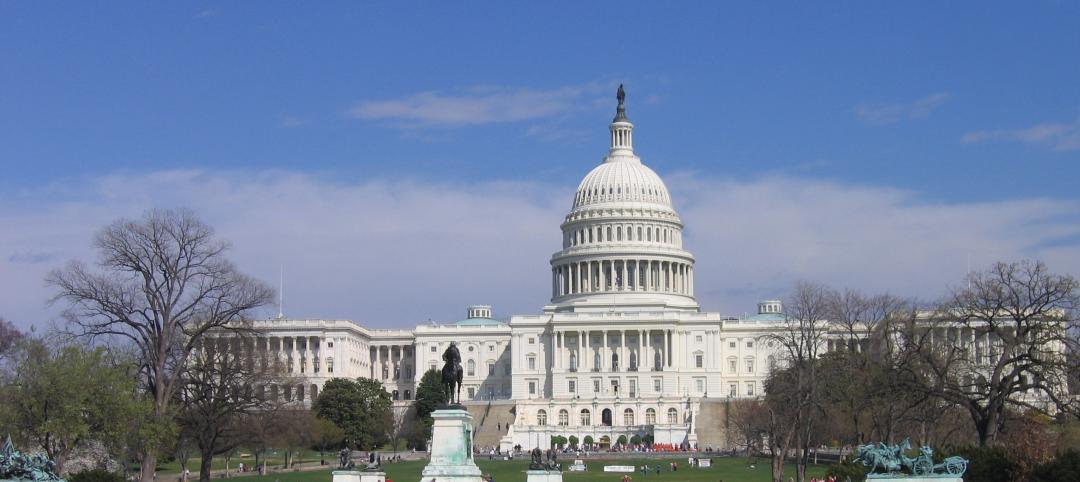The U.S. Green Building Council recently announced that all new projects registering for LEED 2009 beginning on April 8, 2016 will need to satisfy increased minimum energy performance thresholds.
Projects must now earn a minimum of four points in the Energy Performance credits. The referenced energy standard and modeling requirements in LEED 2009 will not change. Buildings falling under the proposed change can use the same methodologies and referenced standards, but will need to earn additional points in order to achieve certification.
“This change is significant both in that it will no doubt increase first costs of most LEED projects when those projects will have to satisfy increased minimum energy performance thresholds,” according to a report in Green Building Law Update. Under the new requirements, buildings must demonstrate an 18% improvement in the proposed building performance rating for new buildings, or a 14% improvement in the proposed building performance rating for major renovations to existing buildings. The previous requirements were 10% for new construction and 5% for major renovations.
The change will apply to LEED 2009 projects registering between April 8, 2016 and October 31, 2016—the last day to register a project under LEED 2009.
Related Stories
| Dec 13, 2012
New OSHA initiatives on tap at AGC safety and health conference
More than 150 industry professionals will discuss the development of regulatory and legislative activity on national and local levels at the Associated General Contractors of America’s health and safety conference.
| Dec 13, 2012
So-called fiscal cliff is already affecting construction jobs, AGC finds
In November, the construction industry shed 20,000 jobs and its unemployment rate reached 12.2%, according to an analysis by the Associated General Contractors of America.
| Dec 13, 2012
New York City poised to enact recycling mandate for multi-family dwellings
New York City lags behind other large cities in recycling with only 15% of residential trash being recycled. A new bill passed by the City Council aims to improve the rate by changing how new apartment buildings are constructed.
| Dec 13, 2012
Pima County, Ariz. officials say improved code enforcement scores will help lower insurance bills
Insurance Service Office, Inc. (ISO) recently analyzed building codes and enforcement and found that Pima County, Ariz., consistently outscored comparable jurisdictions in Arizona and the nation.
| Dec 13, 2012
D.C. aims to be a green leader with new building codes
The District of Columbia has released a revised set of building codes to make it a leader in green construction.
| Dec 7, 2012
Georgia court limits contractors’ ability to foreclose on liens
The Georgia Court of Appeals ruled in 182 Tenth, LLC v. Manhattan Construction Company that lien claimants such as contractors, subcontractors, and materialmen, may not foreclose on a lien that includes unpaid general condition costs.
| Dec 7, 2012
San Francisco real estate records will include ‘green labels’
Ecologically-sustainable building practices, or “green labels,” will now be included on official land records maintained by San Francisco.
| Dec 7, 2012
Tokyo’s Green Building Program has reduced power consumption by 20%
Tokyo city officials calculate that its Green Building Program reduced energy consumption by 20% since its inception, a statistic they identify as the reason the power stayed on during the 2011 earthquake.
| Dec 7, 2012
New flexible options make achieving LEED certification easier on projects outside the US
A new set of Global Alternative Compliance Paths, or Global ACPs, are now available for all commercial projects pursuing LEED green building certification using the 2009 versions of the rating systems.
















